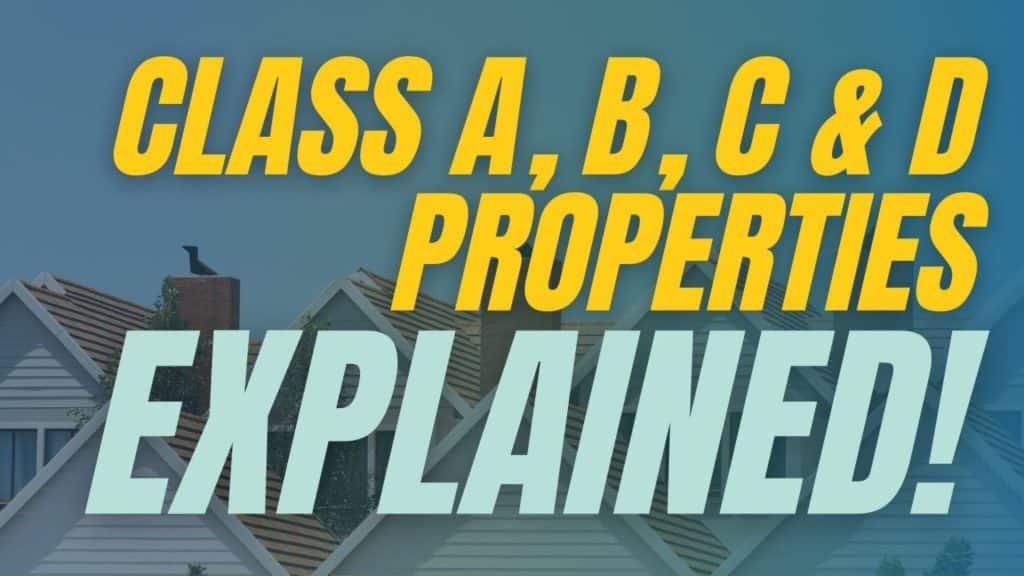There’s a moment in every investor’s journey when the idea of selling creeps in. Maybe the property isn’t performing the way you hoped. Maybe it’s worth a lot more than what you paid. Or maybe—it’s just time.
We hear a lot about “buy and hold” as the gold standard of real estate investing. And for good reason—it works. But that doesn’t mean you should hold every property forever. Sometimes, the smartest move isn’t adding to your portfolio—it’s subtracting.
This article isn’t about predicting the market or chasing top dollar. It’s about helping you think clearly about when it makes sense to let a property go—and how that decision can support your bigger goals.
Start With the Why
Think back to why you bought the property in the first place. Was it for cash flow? Appreciation? A flip that turned into a hold? Something you inherited? We all have different motivations for buying—and those motivations evolve.
The question now is: Has the property done what you wanted it to do?
If the answer is yes, then it’s time to decide whether holding still serves your strategy. If not, and the effort to course-correct has drained more energy than it’s worth, it might be time to consider an exit.
When Equity Sits Idle
Equity feels like a win—until you realize it’s doing nothing.
If your property has gained significant value, but your cash flow is weak, you’re not really winning. You’re just sitting on trapped potential.
Let’s say you’ve got $300,000 in equity and your annual cash flow is $7,200. That’s a return on equity of just 2.4%. Now imagine reinvesting that same capital into a property or partnership that gives you 10% annually. That’s $30,000 in annual income.
This is where a lot of investors get stuck. Emotionally, they’re tied to the property. But financially, they’re losing out.
When your equity is sitting idle, it’s costing you real growth. Repositioning that capital could be the key to scaling more quickly and sustainably.
Are You Running a Business—or Babysitting a Building?
Some properties take more time and effort than others. You know the ones. The unit that always needs repairs. The building in the wrong neighborhood. The triplex with constant turnover.
Operational drag is a real thing. If one property is taking a disproportionate amount of your time, energy, or resources, it’s worth questioning whether it still belongs in your portfolio.
Even if it’s technically cash flowing, it might be weighing down your business. Every hour spent putting out fires with one property is an hour not spent growing your portfolio, improving your systems, or working on strategic opportunities.
When your real estate business starts to feel chaotic, it’s often a sign that something—or someone—needs to go.
Exit as a Step Forward
Selling a property isn’t always about solving a problem. Sometimes, it’s about positioning yourself for something bigger.
Let’s say you have five smaller properties. Selling one or two might give you the down payment you need for a 12-plex with stronger cash flow and fewer moving parts. Or maybe you’re shifting strategies entirely—stepping into commercial, land development, or something else.
The point is: selling can be strategic. It doesn’t mean you failed. It means you’re thinking bigger.
Some of the savviest investors regularly review their portfolios with the intention of pruning assets that no longer align. They’re not afraid to let go of a “good” property to make space for a “great” one.
What the Market Is Telling You
You don’t have to obsess over timing the market. But you should stay aware of where things are heading.
If prices have been climbing and you start seeing signs of a slowdown—flattening rents, higher vacancies, tighter financing—it might be time to cash out while demand is still strong.
Also, watch for policy changes, tax increases, or local developments that could impact value. And if you get an offer out of the blue that exceeds your expectations, don’t ignore it. That buyer may know something you don’t—or just really want your property.
Market awareness isn’t about being reactive. It’s about being prepared.
Don’t Ignore Lifestyle and Bandwidth
Your portfolio should support your life, not control it.
If you’re constantly on edge, waking up to emergencies, or feeling like you can never fully unplug, it might not be the business you wanted. And often, one or two problematic properties are responsible for most of the chaos.
Let go of the idea that every property has to be kept forever. You’re allowed to want ease. You’re allowed to want more time with your family. You’re allowed to build a portfolio that fits your life—not just your spreadsheet.
If selling a property gives you back your evenings, your weekends, your sanity—that’s a win too.
Be Exit-Ready (Even if You’re Not Selling Yet)
You don’t need to list your property tomorrow. But you should know what an exit would look like.
Ask yourself:
- What would your proceeds be after commissions, legal fees, and taxes?
- What kind of buyer would this appeal to—investor, homeowner, developer?
- Does the property need work before going to market?
- Where would you reinvest the proceeds, and what kind of return would you expect?
Having an exit plan doesn’t mean you’re bailing. It just means you’re a prepared operator. And when something changes—interest rates, your goals, the market—you’re not stuck scrambling.
Exit Isn’t the End
Selling a property doesn’t mean you’re stepping off the path. It might be what finally clears the way forward.
You’re not in the business of collecting buildings. You’re in the business of building wealth, systems, and freedom. And sometimes, that means letting go of what got you here—so you can make room for what’s next.
The most successful investors make hard decisions. They reassess. They reallocate. And they always ask, “Is this the best use of my time, energy, and money right now?”
If the answer is no, then selling isn’t a setback. It’s a power move.
Final Thought
Whether you’re managing one property or a dozen, having a clear exit strategy matters. It’s not about chasing top dollar. It’s about aligning your portfolio with your purpose.
Because real estate isn’t just about buying and holding—it’s about building something that works.
If you’re not sure where to start—or you’re feeling stuck between holding and selling—Savvy Squad can help.
It’s a space where investors get real support and honest advice, with tools and strategies to grow their business the right way.




